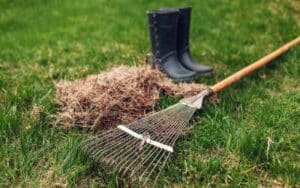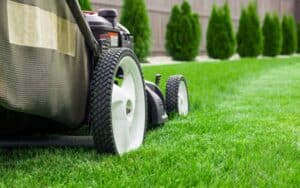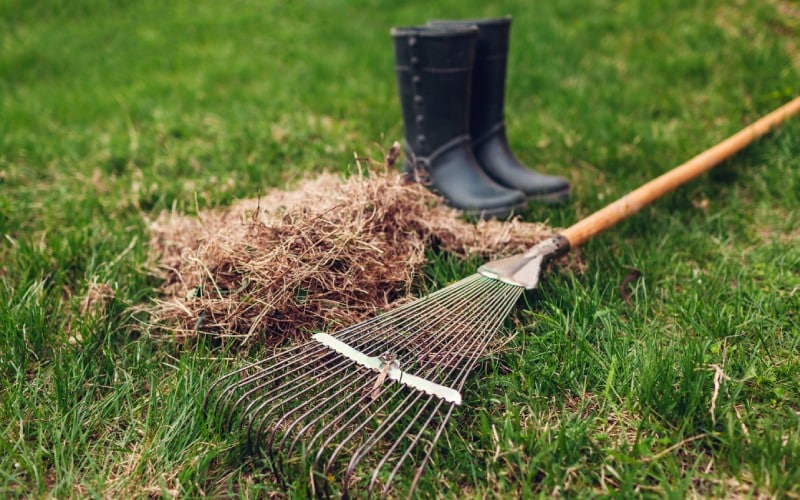As winter’s chill sets in, the question of snow removal at rental properties often surfaces. You might wonder, as a tenant or landlord, who’s shouldering the responsibility to clear that frosty blanket from your walkways and driveways. Traditionally, landlords of multifamily properties take charge, arranging for snow removal services to keep the premises safe and accessible.
But what if your lease tells a different tale? Sometimes, the shovel might be in your hands—literally—if you’ve agreed to it in writing, perhaps in exchange for reduced rent. Dive into the nitty-gritty of snow removal duties and ensure you’re not left out in the cold this winter.
Understanding Landlord Responsibilities
Basic Maintenance Responsibilities
When it comes to rental properties, you need to be clear on what falls under the landlord’s jurisdiction for maintenance. Legally, landlords are tasked with keeping the property habitable. This includes ensuring the mechanics of the house are working properly, like heating and plumbing, and extends to the exterior grounds.
In areas affected by winter weather, snow and ice removal is categorized under basic maintenance. Under the Residential Tenancies Act 2006, the landlord’s responsibility for maintenance includes keeping walkways, driveways, and common areas free from snow and ice. It’s crucial to review your lease and look for any specific stipulations regarding outdoor maintenance. Sometimes, contracts will specify different arrangements about who handles the snow removal.
If you live in a single-family dwelling, or have exclusive use of a yard in a townhouse, duplex, or triplex, you’ll generally be responsible for routine yard upkeep. However, for multifamily residences, the landlord is often the one who must arrange for snow to be cleared from common spaces.
Duty to Maintain Safe Conditions
Your landlord’s duties aren’t merely about aesthetics or inconvenience; they’re about safety. Ensuring safety is paramount and is considered a fundamental aspect of a landlord’s responsibilities. A landlord must keep walkways and driveways clear to prevent slips, trips, and falls, thus reducing the risk of injury on the property.
Remember, if you’re living in a condo, it’s typically the responsibility of the syndicate of co-ownership to manage snow and ice clearing in common areas, as designated in the declaration of co-ownership. Liability for negligence can fall onto the landlord if somebody is injured due to improper maintenance or failure to remove snow and ice.
Ultimately, clear agreements are vital. Ensure that any arrangement regarding snow and ice removal is outlined explicitly in your rental agreement. If you’re uncertain or find the clause in your lease concerning, it’s wise to seek legal advice to clarify your rights and responsibilities in accordance with local laws.
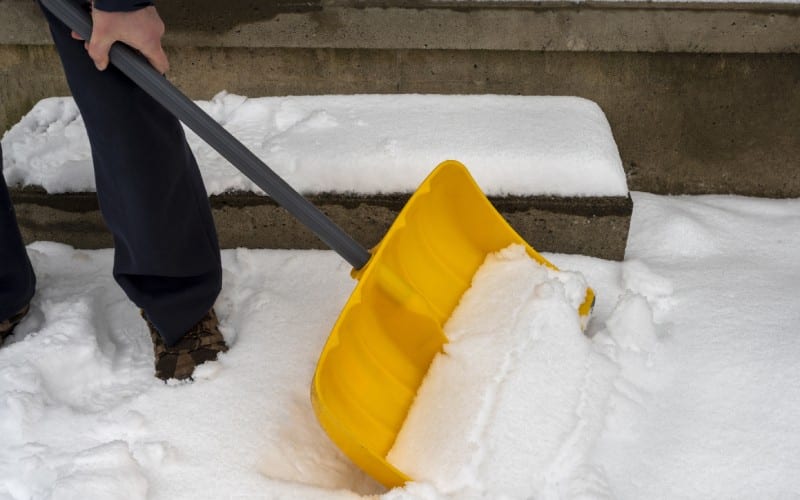
Snow Removal and Landlord Responsibilities
Local Laws and Regulations
You’ll find that local laws and regulations significantly influence snow removal responsibilities. Many cities and municipalities have statutes in place that require property owners, including landlords, to clear snow and ice from sidewalks and common areas within a specified time after a snowfall. In some jurisdictions, failure to comply can result in fines or even legal action. It’s important to check your local bylaws as they dictate the minimum requirements for snow removal at rental properties.
Lease Agreement Terms
The specifics of your rental agreement can also play a crucial role in determining who’s responsible for snow and ice removal. Typically, in multifamily properties, landlords are expected to arrange snow removal services. However, the lease agreement should explicitly state this along with the expected frequency and timeliness of snow removal efforts.
A lease can, on occasion, delegate snow removal duties to tenants but this often requires separate consideration such as a reduction in rent. This delegation must comply with local laws and be explicitly agreed upon in writing.
Landlord’s Liability for Slip and Fall Accidents
Landlords can be held liable for slip and fall accidents due to negligent snow or ice removal on the property. It’s paramount that you understand the ramifications of improper maintenance. Having a solid lease agreement that allocates responsibility clearly is essential, but it should be noted, both landlord and tenant can share liability if negligence can be proven. For example, a crucial Ontario Court of Appeal decision dated June 29, 2009, underscored the landlord’s inability to transfer snow removal responsibilities to a tenant without proper consideration and a separate agreement. Liability isn’t simply about delegation; it’s about ensuring safety and compliance with legally mandated standards.
In case there’s an injury due to neglected snow removal, both parties could potentially be accountable. This is why as a tenant, it’s important to be aware of the terms of your lease concerning property maintenance.
Snow removal is not just a chore; it’s often a legal requirement for landlords, and when not adhered to, can lead to significant liability issues. Your lease agreement should be your go-to reference to clarify responsibilities, and as always, ensure it aligns with your local laws and regulations.
The Tenant’s Role in Snow Removal
Tenant Obligations
You’re likely aware that as a tenant, your responsibilities for property upkeep may fluctuate depending on your lease agreement. When it comes to snow removal, your specific duties should be explicitly outlined in your contract. However, under the Ontario Residential Tenancies Act, the responsibility typically falls on the landlord for maintaining the rental property, including snow removal.
Yet, it’s not uncommon to have an arrangement in which you, as a tenant, agree to take on snow removal. Such agreements are usually separate from your primary lease contract and require your consent. It’s critical to ensure any snow removal duties you agree to are lawful and fair.
If you’re in a duplex or sharing common areas like walkways or driveways, clarify your responsibilities. You must know if you’re tasked with clearing only the snow around your direct living area or if it extends to shared spaces. Always refer back to your lease for guidance.
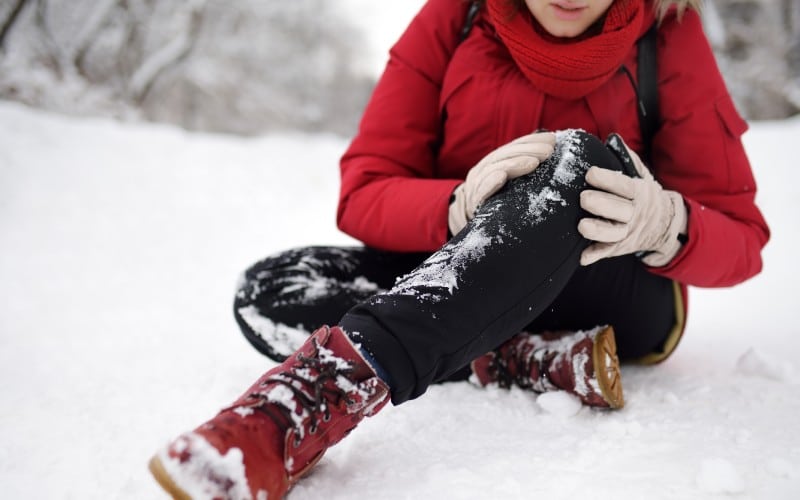
Maintaining a Safe Property During Winter
Hiring Professional Snow Removal Services
When tackling snow removal, hiring professional services can offer reassurance and ensure compliance with local bylaws. Professional teams equipped with the right tools and knowledge can swiftly clear snow, eliminating possible hazards that could lead to injuries or legal consequences. They systematically handle large accumulations, which may be overwhelming for individuals. Hiring professionals means the job is done consistently and in a timely manner, typically within a predefined period post-snowfall.
Professional services often provide:
- Scheduled snow removal, aligning with local bylaw requirements
- Professional-grade equipment that clears snow efficiently
- Specialized techniques for handling different types of snow and ice conditions
Don’t Let Winter Be a Problem
You’ve got a clear understanding now that as a landlord, it’s your duty to ensure the safety of your property during the winter months. Staying on top of snow removal and de-icing isn’t just about compliance—it’s about the well-being of everyone who steps foot on your premises. Riverwood Landscape provides safe and effective snow removal services for commercial units and condos in the Guelph area.









